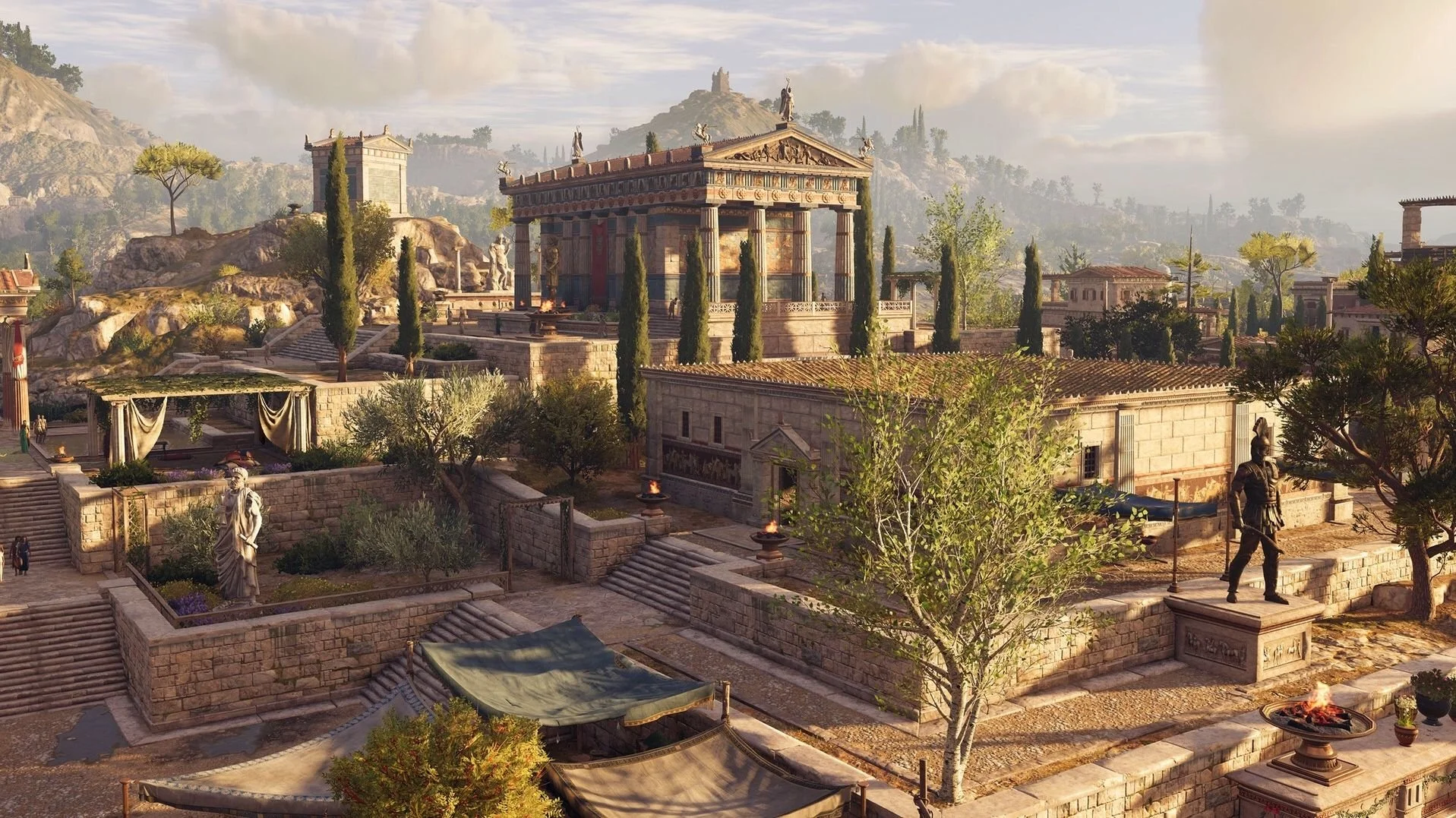Nestled in the heart of Boeotia, Central Greece, the ancient city of Thebes emerges as a storied epicenter of Greek history, its origins intertwined with the very fabric of myth and legend. From its mythical inception to its tumultuous encounters with neighboring city-states, Thebes has left an indelible mark on the annals of time.
The saga of Thebes begins amidst the enigmatic tapestry of Greek mythology, where it features prominently as the backdrop for the exploits of legendary figures such as Cadmus, Oedipus, Dionysus, and Heracles. As the cradle of such iconic tales, Thebes was not merely a city but a crucible of myth and reality, where the boundaries between the mundane and the divine blurred.
Archaeological excavations in and around Thebes have unearthed traces of its Mycenaean heritage, with evidence of a settlement dating back to the Bronze Age. Clay tablets bearing the Linear B script, discovered amidst the ruins, bear testament to the city's significance during this epoch of antiquity.
The zenith of Thebes' influence arrived with the establishment of the Boeotian confederacy in 379 BC, marking a pivotal moment in its history. As the foremost city of the Boeotian league, Thebes emerged as a formidable adversary, challenging the hegemony of ancient Athens and aligning itself with the Persian forces during Xerxes' invasion of Greece in 480 BC.
The annals of Theban history are replete with tales of valor and treachery, of triumphs and tragedies that shaped its destiny. The Battle of Leuctra in 371 BC stands as a watershed moment, where Theban forces under Epaminondas shattered Spartan dominance, forever altering the geopolitical landscape of ancient Greece.
Yet, Thebes' ascendancy was fraught with turmoil, as rivalries with Athens and Sparta plunged the city into a maelstrom of conflict. The Peloponnesian War saw Thebes embroiled in a bitter struggle against Athens, while subsequent clashes with Sparta tested its mettle on the battlefield.
Despite its resilience, Thebes' fortunes waned with the passing of time, culminating in its destruction at the hands of Alexander the Great in 335 BC. The once-mighty city, reduced to rubble, became a mere shadow of its former glory, its legacy eclipsed by the march of history.
Amidst the ruins of antiquity, Thebes endured, its spirit undimmed by the ravages of time. Under the benevolent gaze of Cassander, successor to Alexander, Thebes experienced a brief resurgence, its walls rebuilt, its exiles returning to reclaim their ancestral home.
Yet, the golden age of Thebes was but a fleeting dream, fading into obscurity with the passage of centuries. Conquered, reconquered, and ultimately relegated to the annals of history, Thebes stands as a testament to the ebb and flow of human destiny, a testament to the enduring spirit of a city that once ruled the hearts and minds of men.
In the annals of Theban lore, amidst the tales of kings and conquerors, saints and scholars, lies a legacy that transcends the bounds of time—a legacy of resilience, of fortitude, of a city that dared to defy the whims of fate and carve its destiny upon the annals of eternity.









